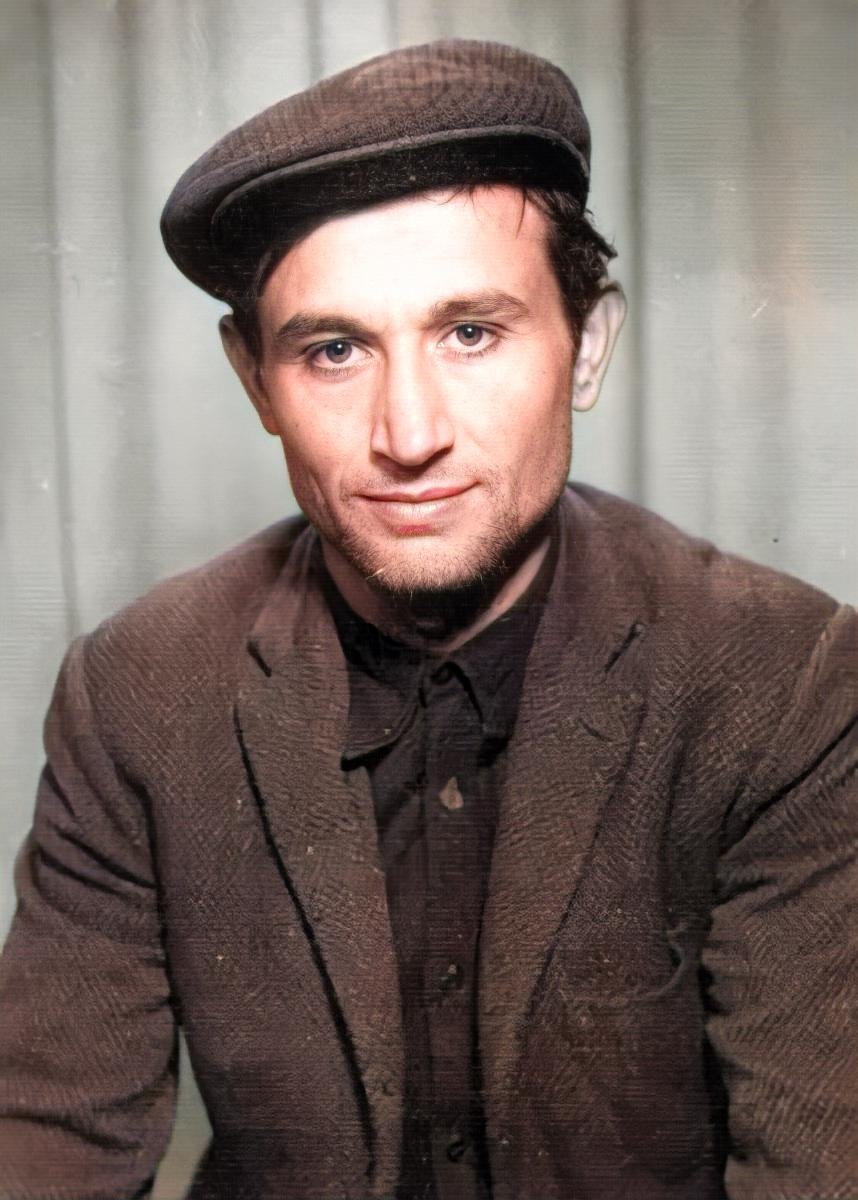More languages
More actions
İbrahim Kaypakkaya | |
|---|---|
 | |
| Born | 1949 Çorum, Sungurlu, Turkey |
| Died | May 18, 1973 (aged 23–24) Diyarbakır, Turkey |
| Political orientation | Marxism–Leninism–Maoism |
| Political party | Communist Party of Turkey/Marxist–Leninist |
İbrahim Kaypakkaya (1949-1973) was a Turkish Maoist revolutionary and General Secretary of the Communist Party of Turkey/Marxist-Leninist. He is known for his critique of Kemalism as a "military fascist dictatorship" and for keeping secrets despite various tortures. Today he is revered even by communists who disagree with his theories.
Life
Early Life
He was born in Sungurlu in 1948 in a Alevi[1] peasant family. He was known in the village for being hardworking. He graduated from Hasanoğlan Atatürk Teacher Training School with successful grades, after graduating from here, he was qualified to study at Çapa Higher Teacher Training School and his revolutionary ideas began to emerge. In the 1960s, revolutionary ideas were spreading in Turkey among students, Kaypakkaya was one of the revolutionary students of this period. He founded the Çapa Idea Club (Turkish: Çapa Fikir Kulübü) as a part of the Federation of Idea Clubs (Turkish: Fikir Kulüpleri Federasyonu). He was expelled from the university in 1968 for participating in the anti-imperialist demonstration against the 6th Fleet of the US Navy.[2]
In 1960s, there was an ideological split among Turkish communists, Kaypakkaya adopted the view of the National Democratic Revolution (Turkish: Milli Demokratik Devrim) instead of the Socialist Revolution, then he joined the Revolutionary Workers and Peasants Party of Turkey (Turkish: Türkiye İhtilalci İşçi Köylü Partisi). In the 1970s, he participated in the struggle of poor Thracian peasants against landlords.[2]
Kaypakkaya later had an ideological split with Doğu Perinçek and left the party, denouncing the Perinçek group as revisionists and opportunists. In 1972 he wrote The Roots and Development of Our Differences with Shafak Revisionism: A General Critique of TİİKP, in which he criticized the Perinçek group.
TKP/ML and Maoist Insurgency
Kaypakkaya went to Eastern Anatolia, where he founded the Communist Party of Turkey/Marxist-Leninist (TKP/ML) in Dersim (Tunceli) in 1972. He wrote On The Kurdish National Question and defended the Kurds' right to separate from Turkey as a nation. Kaypakkaya made a rare critique of Kemalism as a "military fascist dictatorship" and as the "ideology of the Turkish comprador bourgeoisie and landlords".[3] Kaypakkaya emphasized that Turkey was still a semi-feudal and semi-colonial society and that the National Democratic Revolution was necessary through an armed insurgency. He often talked to the peasants and defined herders as agricultural proletarians.
Death
After Kaypakkaya was wounded in the conflict, he was invited by a teacher to a house in the village. However, the teacher later reported Kaypakkaya to the army and Kaypakkaya was arrested. He was tortured in prison and eventually taken to Diyarbakır Prison to be executed.[4]
References
- ↑ Yaşar Seyman (2011-02-01). "Kaypakkaya: Tell My Father Not To Cry!" Birgün.
- ↑ 2.0 2.1 Nihat Behram (1977). Şer Verip Sır Vermeyen Bir Yiğit (pp. 6-18). Everest Publishing.
- ↑ İbrahim Kaypakkaya. Selected Works of İbrahim Kaypakkaya: 'Critique of TIIKP draft Programme; 2' (p. 115). [PDF] [MIA]
- ↑ Nihat Behram (1977). Şer Verip Sır Vermeyen Bir Yiğit (pp. 48-49). Everest Publishing.
